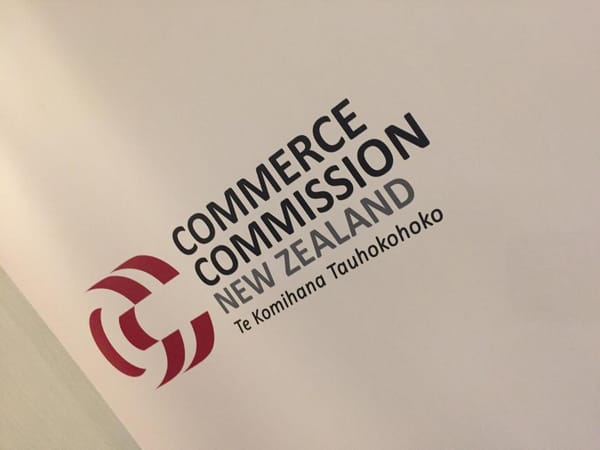The Trusted Professional: How Desperation and Institutional Failure Created a Perfect Money Laundering Storm
When a respected infrastructure expert's family loyalty collides with a bank's catastrophic due diligence failures, the result is a devastating reminder of how even sophisticated financial institutions can become unwitting accomplices to international fraud

When a respected infrastructure expert's family loyalty collides with a bank's catastrophic due diligence failures, the result is a devastating reminder of how even sophisticated financial institutions can become unwitting accomplices to international fraud
The phone recording captured a chilling moment of institutional failure. A Westpac employee, having just received concerns about suspicious transactions from her customer, casually approved a $1 million daily transfer limit with the reassuring words: "It's his money, he can do whatever he wants."
The customer was Carel Johannes Viljoen, a 61-year-old South African-born infrastructure expert whose professional expertise had made him indispensable to some of New Zealand's most ambitious construction projects. The transactions involved nearly $2 million in stolen retirement savings that would soon disappear into offshore accounts, leaving two elderly victims financially devastated.
Viljoen's conviction on two counts of money laundering represents more than individual criminal behaviour - it exemplifies how family pressure can corrupt professional judgement, and how banks can become unwitting facilitators of sophisticated international fraud through catastrophic due diligence failures.
For AML professionals, this case provides sobering insights into the dangerous intersection of professional trust, institutional negligence, and the psychology of middle-man money laundering that increasingly characterises modern financial crime.
The Professional Profile: When Expertise Becomes Vulnerability
Carel Johannes Viljoen should have been the last person to facilitate money laundering for international fraudsters. As a principal at Beca, one of New Zealand's largest infrastructure companies, his expertise in project costing had made him integral to major developments including the Waterview Tunnel and North Shore police station - projects worth hundreds of millions of dollars.
His professional standing created both opportunity and vulnerability that criminal organisations were quick to exploit. Viljoen's legitimate business relationships, established banking history, and credible professional background provided exactly the kind of respectability that sophisticated money laundering operations require.
The psychological foundation of his involvement lay in family loyalty rather than personal greed. His brother in South Africa had introduced him to what appeared to be a legitimate escrow service for international investment transactions. This family connection created emotional pressure that overrode professional caution—a pattern that AML professionals increasingly recognise as a critical vulnerability.



